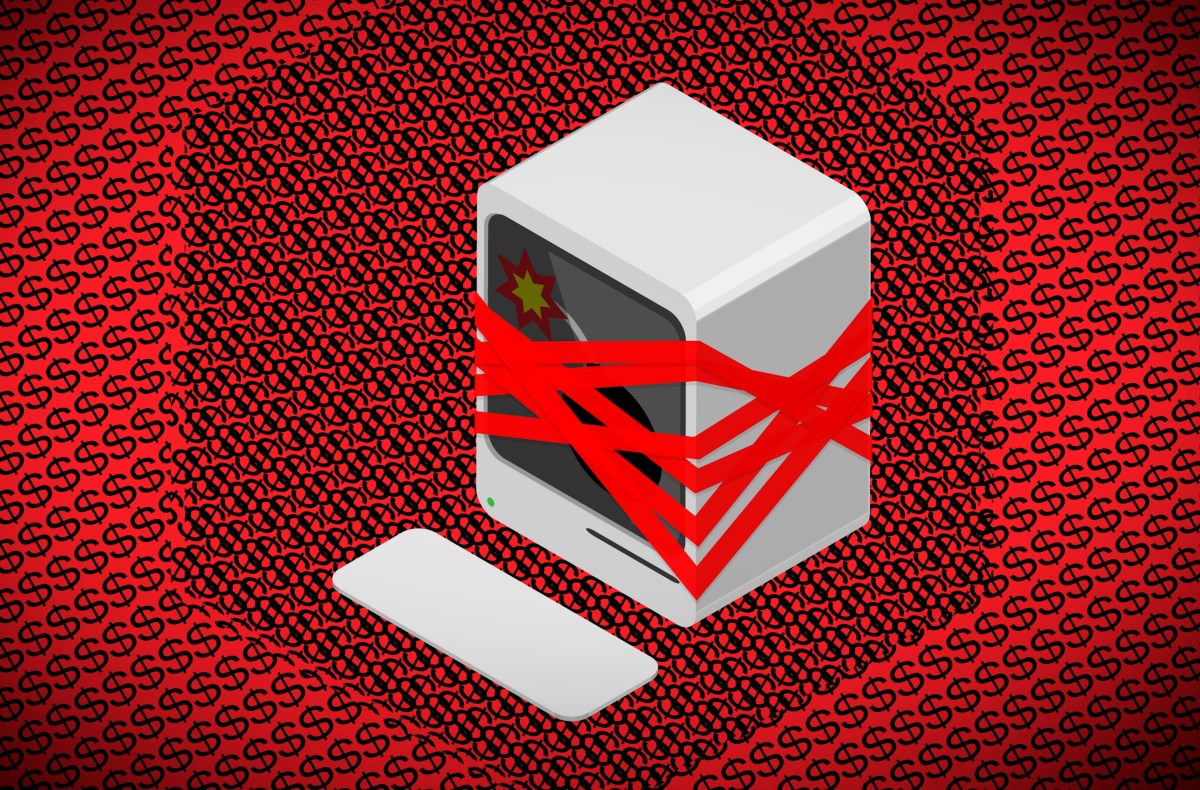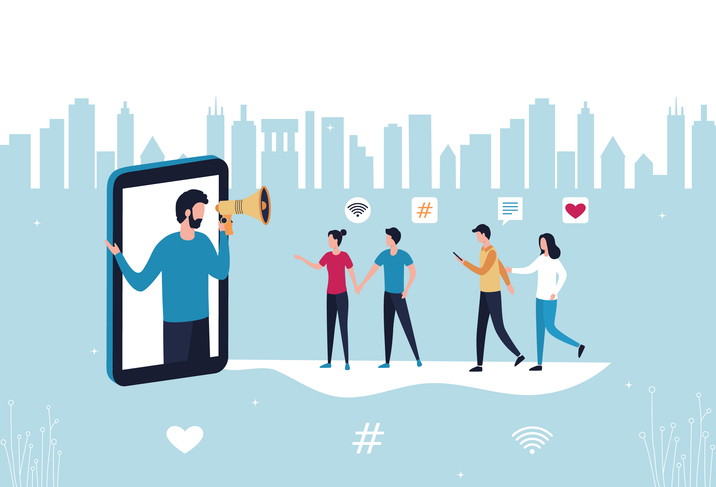These super-simple billboards are popping up across swing states like Arizona and Ohio. Here’s why
Billions of dollars will be spent this year persuading Americans who to vote for, but one billboard campaign is just telling them when to vote.VoteAmerica, a voter mobilization group, is spending $7 million to put up approximately 800 billboards across 10 states with information about early voting and Election Day. The billboards are simple. They predict that “there will be record high voter turnout this year,” and list the date for Election Day (which is November 5) and list when early voting starts in the state. The ads will go up in Arizona, Florida, Georgia, Michigan, Nevada, North Carolina, Ohio, Pennsylvania, Texas, and Wisconsin.A 2016 study by the American Council of Trustees and Alumni, an education-focused nonprofit, found 37% of Americans didn’t know when Election Day was. You can’t vote if you don’t know when, though, hence the campaign.[Images: VoteAmerica.org]“There’s a myth that people don’t vote because they don’t care or they are turned off from politics,” Debra Cleaver, the founder and CEO of VoteAmerica tells Fast Company. “The truth is, people don’t vote because voting is hard. The date of the election changes every year. Rules change drastically between big elections in some states, and all of the rules vary state by state. It’s unrealistic to expect the average voter to keep up.”VoteAmerica has been running informational ads about when to vote since 2017, including in special and off-year elections, and Cleaver says she got the idea from “voter suppression” billboards with messages meant to discourage people from voting, like a billboard design in 2012 that warned “Voter Fraud Is a Felony.”“In both midterm and presidential elections, nefarious groups have put up hundreds of billboards in specifically Black and brown neighborhoods designed to keep people form showing up to vote,” she says. “We know that if these spaces aren’t secured, they could be weaponized to spread false information.”In VoteAmerica’s first campaign, they rented every single billboard, transit shelter, and bus-stop ad in majority Black counties in Alabama for four weeks ahead of a special Senate election. Door knockers found “every single person they spoke to knew an election was coming because of the billboards,” Cleaver says. In 2018, they found people who lived near their billboards and out-of-home advertising were more likely to vote than people who didn’t.Says Cleaver: “The single best predictor of whether or not you vote is whether you know the date of the election.”

Billions of dollars will be spent this year persuading Americans who to vote for, but one billboard campaign is just telling them when to vote.
VoteAmerica, a voter mobilization group, is spending $7 million to put up approximately 800 billboards across 10 states with information about early voting and Election Day. The billboards are simple. They predict that “there will be record high voter turnout this year,” and list the date for Election Day (which is November 5) and list when early voting starts in the state. The ads will go up in Arizona, Florida, Georgia, Michigan, Nevada, North Carolina, Ohio, Pennsylvania, Texas, and Wisconsin.
A 2016 study by the American Council of Trustees and Alumni, an education-focused nonprofit, found 37% of Americans didn’t know when Election Day was. You can’t vote if you don’t know when, though, hence the campaign.
“There’s a myth that people don’t vote because they don’t care or they are turned off from politics,” Debra Cleaver, the founder and CEO of VoteAmerica tells Fast Company. “The truth is, people don’t vote because voting is hard. The date of the election changes every year. Rules change drastically between big elections in some states, and all of the rules vary state by state. It’s unrealistic to expect the average voter to keep up.”
VoteAmerica has been running informational ads about when to vote since 2017, including in special and off-year elections, and Cleaver says she got the idea from “voter suppression” billboards with messages meant to discourage people from voting, like a billboard design in 2012 that warned “Voter Fraud Is a Felony.”
“In both midterm and presidential elections, nefarious groups have put up hundreds of billboards in specifically Black and brown neighborhoods designed to keep people form showing up to vote,” she says. “We know that if these spaces aren’t secured, they could be weaponized to spread false information.”
In VoteAmerica’s first campaign, they rented every single billboard, transit shelter, and bus-stop ad in majority Black counties in Alabama for four weeks ahead of a special Senate election. Door knockers found “every single person they spoke to knew an election was coming because of the billboards,” Cleaver says. In 2018, they found people who lived near their billboards and out-of-home advertising were more likely to vote than people who didn’t.
Says Cleaver: “The single best predictor of whether or not you vote is whether you know the date of the election.”






















